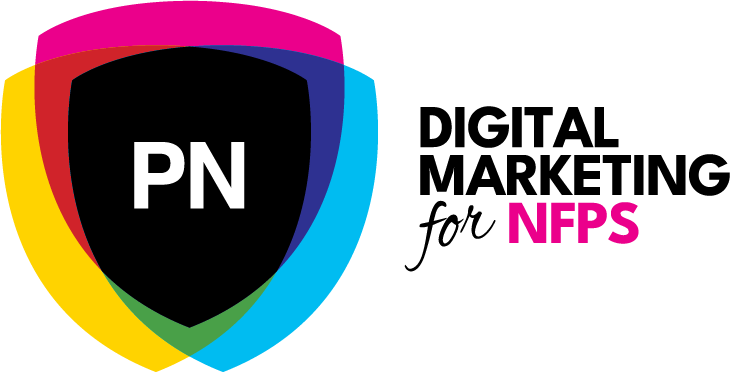Alright, alright, alright – I know I usually like to have a bit of fun with my blog posts, discussing such important topics as unicorns and green cats wearing shoes, but today I’ma put on my ‘serious‘ hat and discuss an important issue – recent updates to laws and regulations in Australia regarding influencer marketing or advertising.
Before I get started though, just a quick disclaimer: PN Digital are not a legal firm and we do not provide professional legal advice. It is recommended that if you are unsure about any of the laws or regulations surrounding influencer marketing then you contact your lawyer for further information. #Obvs.
What is Influencer Marketing?
First things first – in case you’re unaware, influencer marketing is when a business pays someone who has a strong following on social media to promote their brand or products. The ‘payment’ can either be cold hard cash or it can be in the form of free goods/products. A classic example is fashion brands sending well-known fashion bloggers and/or celebrities free clothing in exchange for Instagram or Facebook posts declaring how much the celebrity loves that particular brand.
 Think of it as product placement advertising but on social media. It is a huge industry – just ask the Kardashians who flog everything from weight-loss tea to teeth-whitening products.
Think of it as product placement advertising but on social media. It is a huge industry – just ask the Kardashians who flog everything from weight-loss tea to teeth-whitening products.
As anyone who works in the marketing and/or advertising industries is aware, there are quite strong laws around most forms of advertising including product placement and it is a highly regulated industry. But until recently, influencer marketing has managed to dodge being included in these laws; it hadn’t officially been defined as product placement advertising and the fact that the influencers are often paid in goods not money means that it can be hard to police.
So What Has Changed?
The Australian Association of National Advertisers (AANA) has released a new set of guidelines that came into effect on March 1st that focus on Influencer Marketing and Influencer Advertising methods. You’ll find the full set of guidelines here, but if you take one thing away from this article it should be this: As a business, if you are paying people or other businesses to promote your brand or products on Instagram, Facebook, Twitter, blogs or any other digital platform then they are obligated to tell their audience that they are being compensated (even if it is in goods, not money) to promote that product or write that review.
A good way to determine whether it is an advertising activity or not is to consider:
- Do you as the brand or product owner have a reasonable degree of control over the material? I.e are they sending the blog article or image to you for approval before posting? Are you dictating the style of the image or the hashtags that they use?
- Does the material draw the attention of the public in a manner calculated to promote a product or service?
Other Stuff You Should Know:
- You don’t have to yell ‘THIS IS PAID CONTENT’ on all of your product placement posts; simply adding #Ad, #Advert, #Advertisement or #Sponsored in the hashtags list is considered enough notice to users.
- You’ll find a heap of different product placement and advertising scenarios in this here pdf to assist you in determining whether your Insta posts should be sign-posted as advertising material.
- If content is found to be breaching the new guidelines then both the brand/advertiser as well as the ‘influencer’ are held responsible, and both will receive fines. For this reason it is important that brands insist on having their sponsored content tagged with #Advertisement and likewise, if you are creating content for a brand or business then you should ensure that you are tagging all sponsored images and videos.
- If you’re unsure – it’s probably best to just tag it anyway. What is one teeny-tiny little #Ad in the veritable sea of hashtags you’re probably adding to the image anyway?!
What are the Penalties?
According to this ABC article, the AANA is the body responsible for devising the advertising rules, but it is actually the Australian Competition and Consumer Commission (ACCC) who will prosecute you for a breach of Australian Consumer Law (ACL). The penalty for an influencer can be as much as $220,00 PER POST while the brand who is sponsoring the post could be fined up to $1.1million per post. That’s a lot of cups of detox skinny tea!
If you have any questions or would like more info about this topic, leave me a comment below and I’ll get back to you asap 🙂 You can also reach me at bek@pn.com.au.




